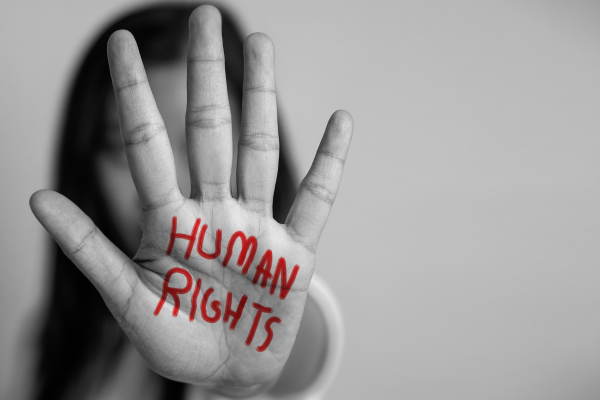Introduction: Artificial Intelligence (AI) has rapidly transitioned from the realm of science fiction to an integral component of modern society. As AI systems become more sophisticated and integrated into daily life, they raise profound ethical and legal questions. This article delves into the challenges and considerations surrounding AI law, emphasizing the need for a comprehensive …
Introduction: The digital age, characterized by the rapid proliferation of technology and the internet, has transformed every facet of human existence. As we become increasingly interconnected and reliant on digital platforms, the need to safeguard our digital rights and ensure cybersecurity becomes paramount. This article explores the evolution of the law in this context, highlighting …
Introduction: The final frontier, once the realm of science fiction and imaginative speculation, has become a tangible domain of human activity. As nations and private entities venture beyond our planet, the need for a comprehensive legal framework governing space activities becomes paramount. Space law, an emerging field, seeks to address the multifaceted challenges posed by …
Introduction: Human rights, the fundamental rights and freedoms inherent to all individuals, serve as the bedrock of just and equitable societies. Nations worldwide have enshrined these rights in their constitutions and legal frameworks, reflecting their commitment to justice, dignity, and equality. Brazil and South Africa, two nations with tumultuous histories marked by periods of oppression …
Introduction: Intellectual Property (IP) legislation plays a pivotal role in fostering innovation, protecting creators, and promoting economic growth. Countries around the world have developed their unique IP frameworks, influenced by their cultural, historical, and economic contexts. Brazil and Japan, two nations with contrasting histories and economies, offer distinct perspectives on IP protection. This article delves …
Introduction: Immigration law, a cornerstone of any nation’s legal framework, governs the entry, stay, and exit of foreign nationals. It reflects a country’s geopolitical stance, economic needs, and societal values. Brazil and New Zealand, two countries with distinct cultural and geographical landscapes, have unique approaches to immigration. This article provides a comprehensive comparison of immigration …
Introduction: Business law, a foundational pillar of any economy, governs the operations, formation, and dissolution of businesses. It ensures fair competition, protects stakeholders, and fosters economic growth. Brazil and the UK, two significant global economies, have distinct approaches to business law, molded by their unique histories, cultures, and economic challenges. This article provides an in-depth …
Introduction: Environmental law is a rapidly evolving field, reflecting the global urgency to address environmental challenges and promote sustainable development. Countries around the world have adopted unique approaches to environmental protection, influenced by their historical, cultural, and economic contexts. This article delves into the intricacies of environmental law in Brazil and Germany, two nations with …
Introduction: Real estate law, a cornerstone of any nation’s legal framework, governs the acquisition, use, and transfer of property. While the fundamental principles of property rights are universally recognized, the specifics can vary widely based on historical, cultural, and economic factors. This article delves into the intricacies of real estate law in Brazil and Portugal, …
Introduction Family law, integral to the fabric of any society, governs the intricacies of familial relationships, from marriage and divorce to child custody and adoption. Though the core principles of family law aim to protect and uphold the welfare of individuals and families, the specifics can differ significantly across countries. This article offers a comprehensive …









